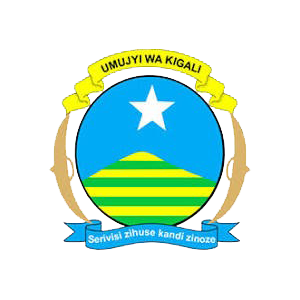
Kigali
Home > Kigali
The City of Kigali (CoK) is the capital town of Rwanda recognized worldwide on his tremendous efforts in environmental management and wise use of wetlands: Rwanda is the first African Country to have banned the use of plastics and Rwanda’s capital Kigali recognized as the cleanest city in Africa (Forbes’ list, 2007). In Addition Rwanda was awarded the Green Globe Award 2010 for the restoration of Rugezi-Burera-Ruhondo wetland, currently listed as Ramsar Site.
Forming part of the watershed for the Nile River, the CoK is drained by streams, rivers and the area can be delineated into twenty-five watersheds with 37 wetlands, and the most significant are in the southern extent of the CoK marked by the Nyabarongo River. Wetlands in the CoK contribute to livelihoods, biodiversity conservation, ecosystem services and carbon sequestration. Rapid population growth with increased urbanization has led to a reduction of open spaces within the City including encroachment into natural habitats and wetland degradation. In response, the CoK has adopted a wetland Master Plan to ensure the wise use of wetlands in line with preservation and restoration of wetlands ecosystems.
The City of Kigali was awarded in the second edition of the Wetland City Accreditation considering his tremendous achievements in the protection and sustainable use of urban wetlands aligned with the above-mentioned accreditation criteria:
– Rehabilitation and restoration of degraded wetlands such as Gikondo–Nyabugogo wetlands (Criteria 1 and 3);
Gikondo -Nyabugogo wetlands cover 500 ha which used to be an industrial park hosting a variety of industries and suffer from significant degradation due to the increasing occupation by various industries, intrusive agriculture and housing areas that discharge effluents to the wetland system, posing a threat to downstream water resources.
In 2018, the Government of Rwanda through Rwanda Environment Management Authority (REMA) and the City of Kigali (CoK) relocated the industrial park to make way for rehabilitation of the wetland. In 2019, detailed wetlands restoration and development plans (a physical and biological rehabilitation plan for the wetlands) were developed to recover their ecological and hydrological roles under a sustainable management.
Currently, Gikondo , Nyabugogo including Rwampara, Rugenge-Rwintare and Kibumba are five wetlands under rehabilitation through the Rwanda Urban Development Project phase II (RUDPII) project funded by the the World Bank